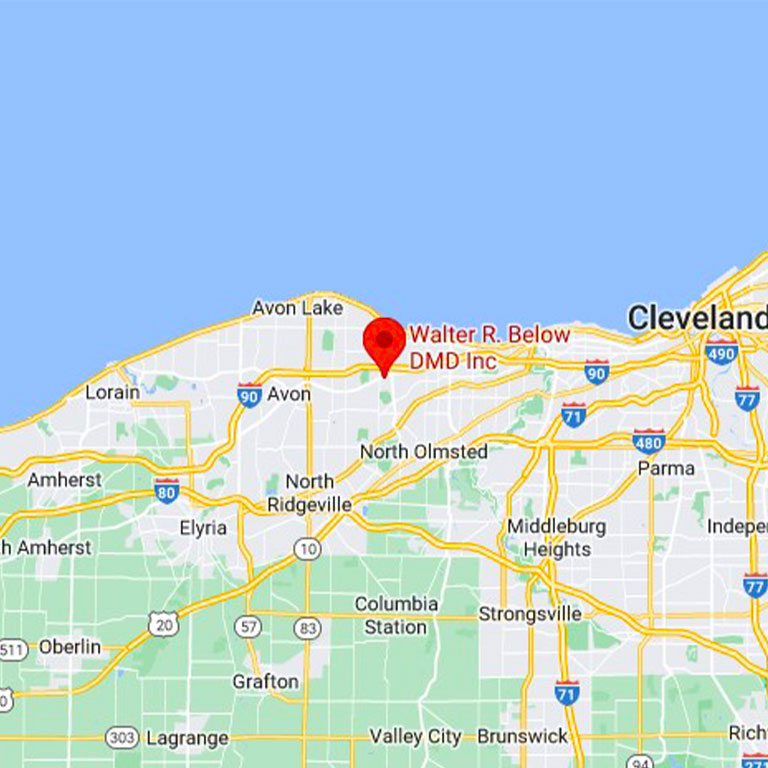Everything You Should Know About Dental Implants
Implants are great because they can replace one or more missing teeth. But depending on the severity of the damage, your dentist might recommend an extraction first. If that’s not what you want to do, read through this blog to learn everything about dental implants and how they work!
1.What are Dental Implants?
Dental implants are devices that can be used to replace one or more missing teeth. Implants are metal posts or screws made of titanium that act as artificial roots for your new false teeth. Restoring dentures with implant-supported crowns is also possible.
2.What Types of Implants Are There?
There are two types of dental implants.
Endosteal implants are placed entirely in the jawbone. They mostly replace teeth at the back of your mouth but can also be used for front teeth.
Subperiosteal implants rest partially under the gum line, with at least half of them placed under your skin. Because they are not entirely exposed to the bone, they won’t take as long to fuse with surrounding tissue and thus be placed in slightly decayed jaw areas.
3. How Do Dental Implants Work?
When placing an implant, your dental practitioner will make an incision in your gums to expose the roots of your teeth. Then they will use a special drill to create holes in the bone. Once that’s done, the artificial tooth is placed into the hole and fixed in place with a screw, which is then anchored into the jaw. The surrounding tissue grows around it with time.
4.How Do Dentists Place the Implants?
The process of placing implants will vary based on your specific case. Your dentist will first have to diagnose the condition of your teeth, jaw bone, and gums before deciding if implants are the proper way to restore your smile.
5.Does It Hurt to Replace Teeth with Implants?
It is possible that implants feel very little or not at all during placement. Some people may even feel no pain at all during implant placement. During the healing period, you may feel mild discomfort in the jawbone where the implant is being placed.
You may also experience sharp, intense pain in your gums for a short period after extraction. Some people also have swelling, numbness, and stiffness after extraction, but these issues can be treated with over-the-counter medication and good dental hygiene practices.
Getting an implant can be easier if you consult with the right dentist. To book a consultation for your dental issues, reach out to Dr. Walter Below. He is a dental care practitioner in Westlake who deals with emergency dental care, cosmetic dentistry, including teeth whitening and dental implants. He also deals with pediatric dentistry.



Leave a Reply
Want to join the discussion?Feel free to contribute!